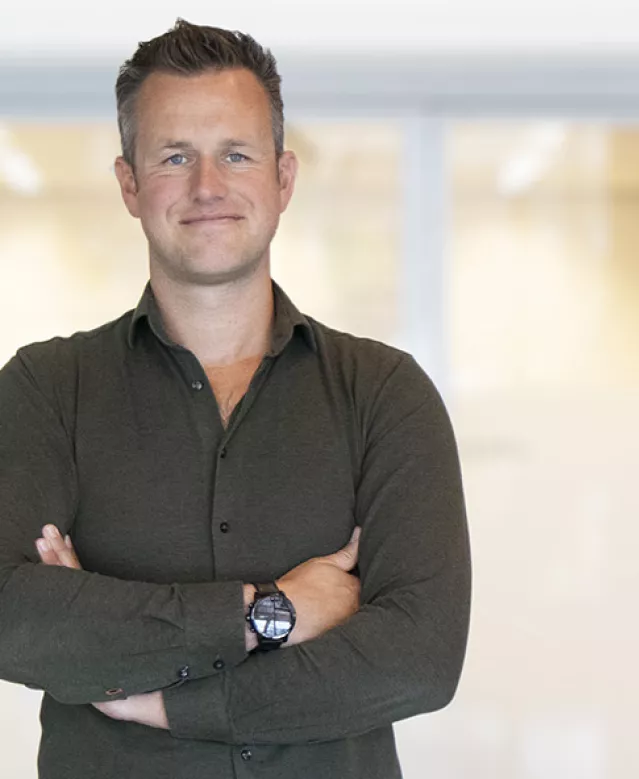
This year, World Tourism Day has chosen the theme 'Rethinking Tourism'. "Rethinking tourism is a hot topic within the tourism industry," explains Jasper. "Globally, tourism contributes 8% of the total greenhouse gas emissions. That percentage will only increase further in the coming years if nothing changes. In the sector, the urgency to become more sustainable is certainly felt and steps are already being taken at the company level. From solar roofs on accommodations to hotel chains reducing waste and food waste to zero, but the big problem remains flying to get to the destination. These Glasgow goals call for a global approach, with the industry joining forces and coming up with joint measures and actions. Everyone agrees that something needs to be done, but the big question is: what and how?"
Testing measures
With the research project Envisioning Tourism in 2030: on target to net zero', Jasper Heslinga and colleague Bernadett Papp are developing a tool on behalf of ETFI, together with Breda University, the Centre of Expertise Leisure, Tourism and Hospitality (CELTH), the Netherlands Board of Tourism and Conventions (NBTC) and The Travel Foundation, to map the necessary mix of actions and interventions to halve greenhouse gas emissions by 2030. "Most of the tourism industry's CO₂ emissions are caused by flying," Jasper knows. "This is therefore where the biggest battle can be fought. People have been talking for a long time about increasing flight taxes, introducing excise duties on paraffin or a cap on the number of flight kilometres per year per person. It is just that the impact of all these plans has not been calculated."
To better understand the impact of the proposed actions, the researchers are inserting all these optional measures into the simulation model of Paul Peters, lecturer at Breda University. Jasper: "With the simulation model, we measure the impact on emissions, tourism, transport, economy and human behaviour. We can 'test' the measures, so to speak, to see what will happen. By turning the various policy knobs, we want to demonstrate the effects of travel and provide insight into the most obvious choices for a more sustainable world."



